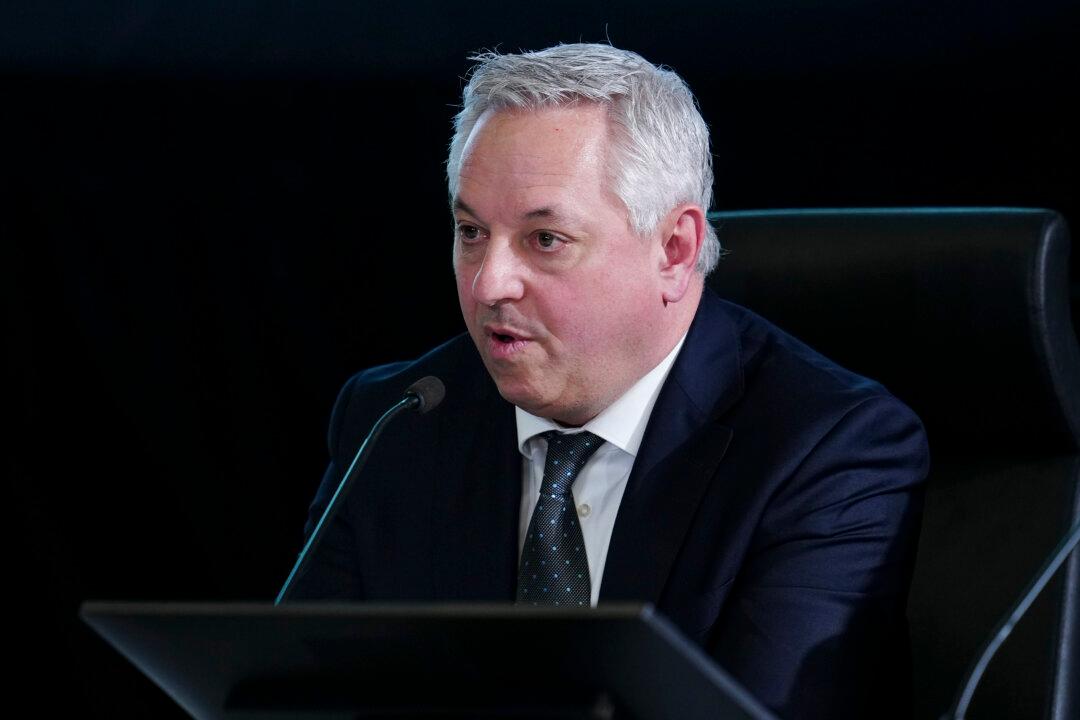The COVID-19 pandemic’s disruption to government operations was part of the reason parliamentarians were not informed about being targets of a Chinese cyberattack in 2021, an intelligence chief said.
“It was the COVID period. There were a lot of restrictions in terms of the number of people in the office. This was before we came up with a vaccine. So our intelligence services were working out of hand throughout the pandemic. I think this is a factor that added to the confusion in terms of who should play what role,” said David Vigneault, director of the Canadian Security Intelligence Service (CSIS).





